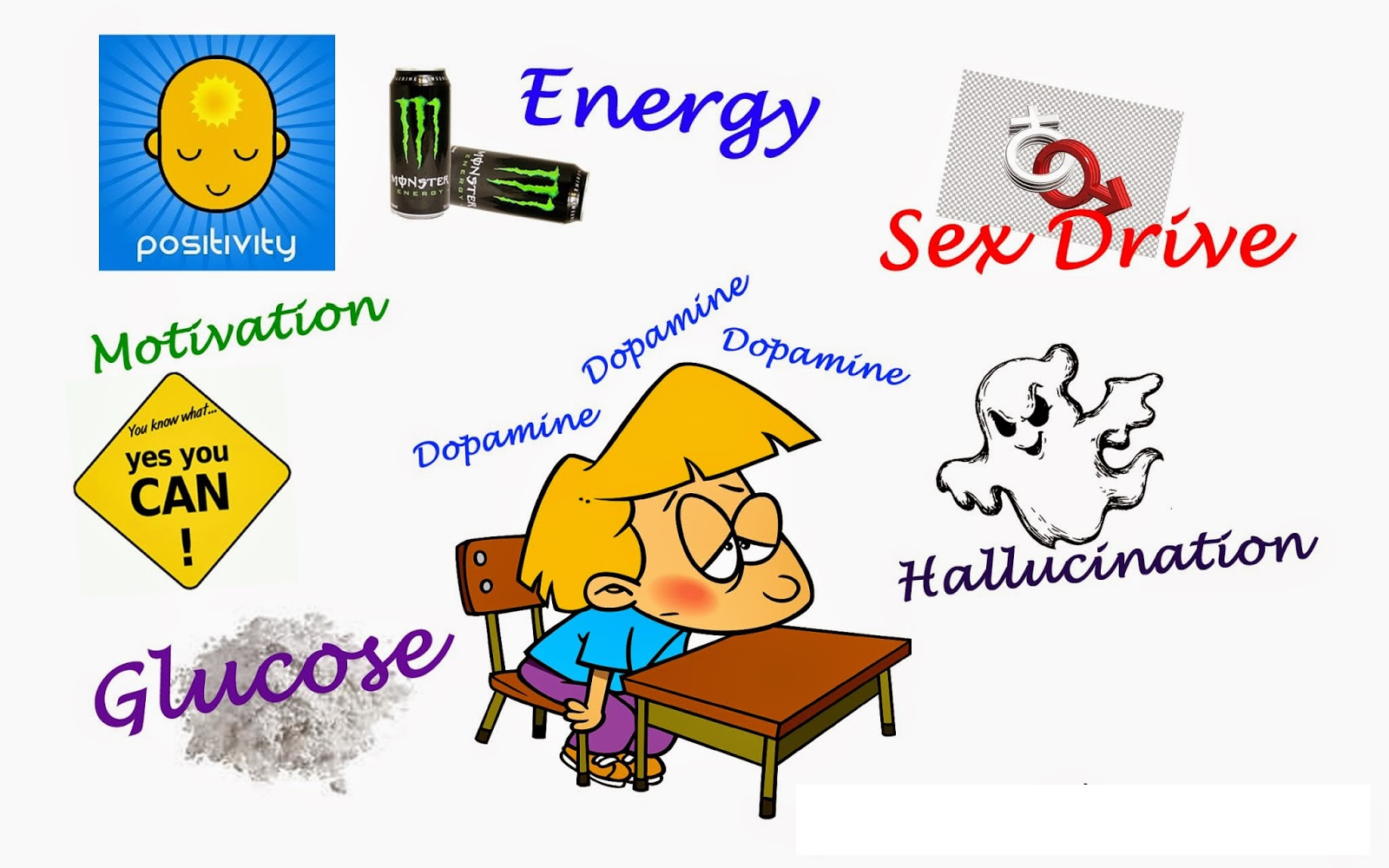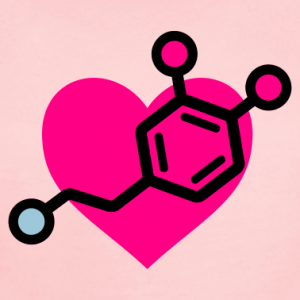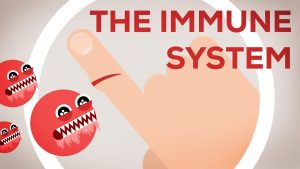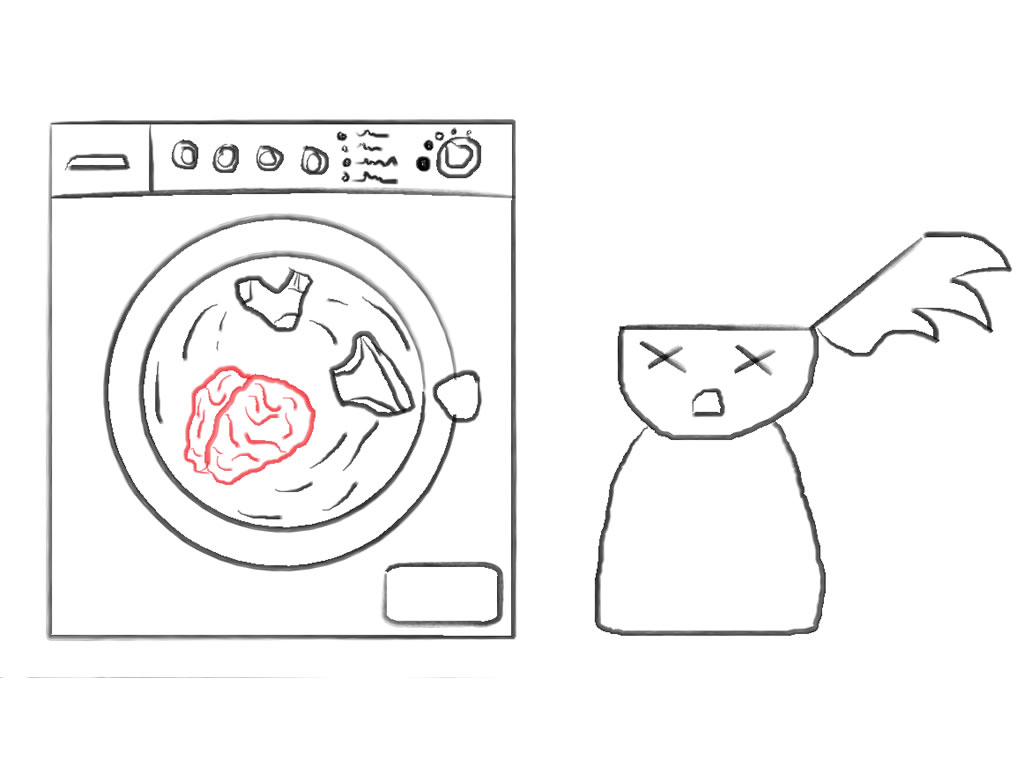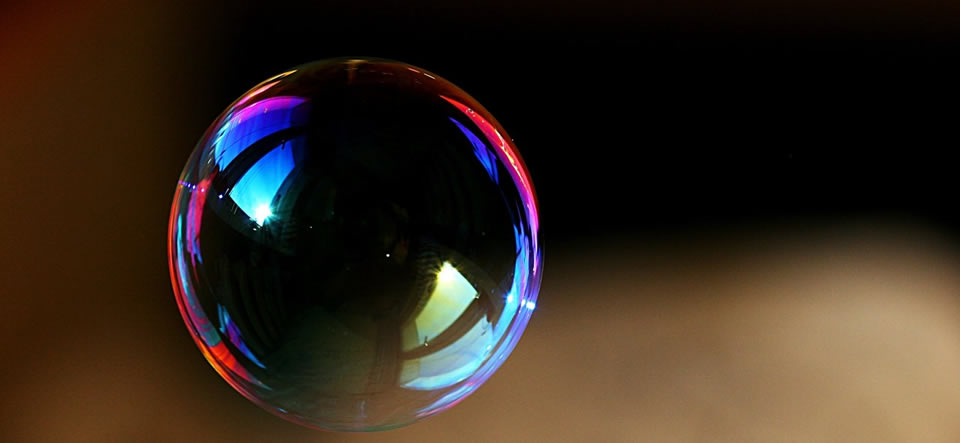Sleep
Sleep
with no tomorrow
Sleep
with no desires
Sleep
your only passion
Sleep
with your last breathe
Sleep
as the darkness hums
your name
Ahhh, sleep! You can never have enough of it, it seems. But what if you stopped sleeping altogether?
Strangely, science understands relatively little about why we sleep or how it evolved in the first place. After all, lying unconscious for hours on end while predators lurk hardly seems advantageous or smart! (see our article on Why do we need sleep?)
That said, they have discovered a few correlations. For example, adults who sleep 6 to 8 hours a night tend to live longer! Excessive sleep, however, can lead to medical problems including cardiovascular disease and diabetes. Similarly, chronic sleep deprivation has been linked to aspects of cardiovascular disease, obesity, depression, and even brain damage.
But what would happen if you stopped sleeping right now? –
The longest scientifically documented case of being awake was 264 hours, or 11 days. And while this man did develop problems with concentration, perception, and irritability, the surprising truth is that he suffered no serious long-term health effects.
In fact, no individuals under these documented conditions experienced medical, physiological, neurological, or psychiatric problems. But these are limited studies, and this doesn’t mean permanent damage couldn’t be inflicted with more time.
Sleep deprivation experiments on rats, for example, generally led to death after about two weeks. But scientists aren’t totally sure if they died from lack of sleep or from the stress of constantly being woken up.
Perhaps we should look at fatal familial insomnia for an answer. This is a rare genetic disease of the brain that causes progressively worsening insomnia or sleeplessness, leading to hallucinations, dementia, and, ultimately, death.
This disease has been documented in only around one hundred people in the world, but their average survival span was around eighteen months after symptoms appeared. Over time, the lack of sleep becomes worse, and the body’s organs begin to shut down.
So while lack of sleep will likley kill you it won’t necessarily happen quickly, however continual sleep deprivation will have a negative effect on your body.

